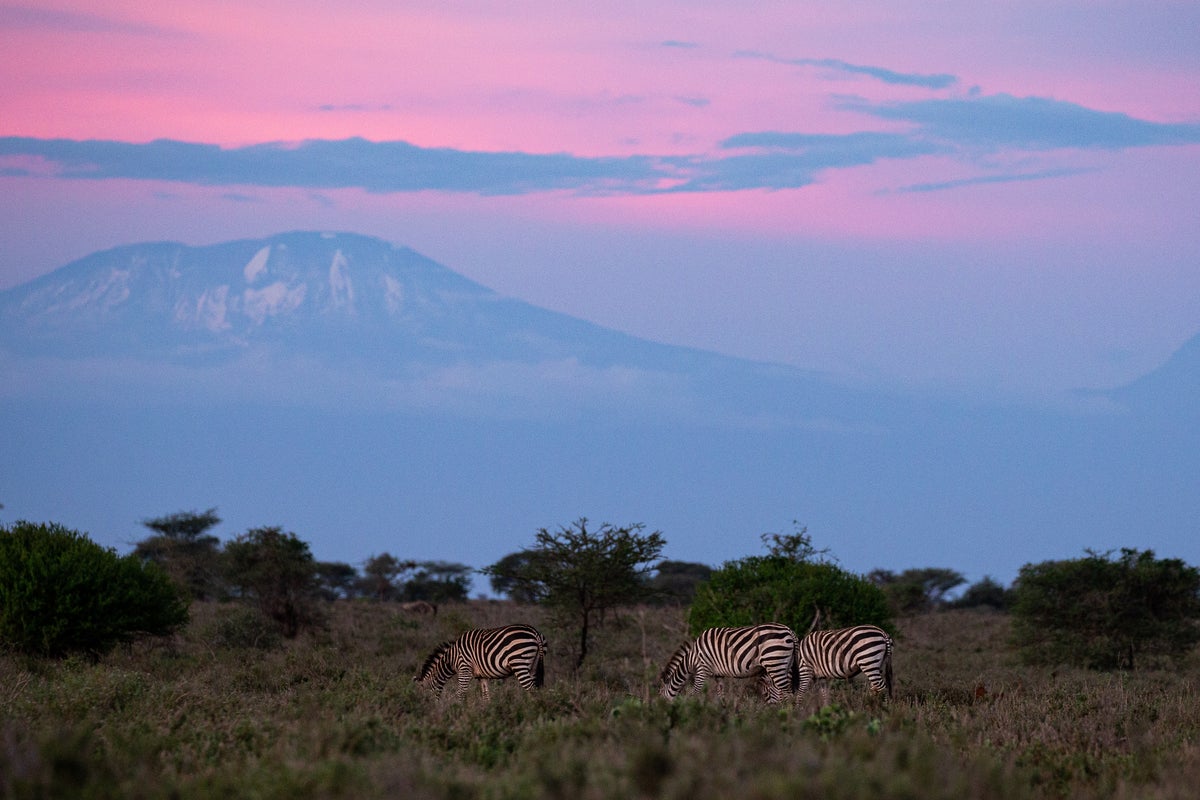UK Conservation Charities Face Major Funding Cuts
UK conservation charities play a crucial role in protecting wildlife and ecosystems around the world. However, recent decisions by the government to reduce the international aid budget have raised serious concerns among these organizations. The cuts are expected to have a significant impact on conservation efforts, with many groups fearing for their future.
The UK has reduced its foreign aid budget from 0.5 per cent to 0.3 per cent of Gross National Income (GNI). This reduction is particularly affecting support for nature and conservation, which is set to lose hundreds of millions of pounds. While the government claims it remains committed to protecting nature and addressing the climate crisis, reports indicate that the effects of these cuts are already being felt.
One such organization is the African People and Wildlife (APW) charity, which operates in Tanzania. APW has two projects funded by UK aid, including one focused on Lake Natron, a critical ecosystem home to flamingo breeding grounds. The other project addresses human-wildlife conflict, especially concerning elephants and large carnivores. Both projects were supported by the £10.6 million Darwin Initiative, but funding for new rounds is currently not available.
Laly Lichtenfeld, co-founder of APW, explains that the loss of funding is devastating. “When aid cuts happen, you’re not just dismantling a given project. You’re dismantling an entire ecosystem of support for both wildlife and communities,” she says. Grants for APW are expected to be about 50 per cent less than last year, forcing the organization to make significant cuts to its activities.
Impact on Global Conservation Efforts
Matthew Gould, CEO of the Zoological Society of London (ZSL), highlights the broader implications of these cuts. He states that over half of global GDP depends on healthy ecosystems, making the reduction in UK aid for nature a false economy. ZSL’s projects, such as the Rhino Impact Investment Project and SPOTT, have had a significant impact on conservation efforts worldwide. However, the uncertainty surrounding funding poses a major challenge.
Another organization affected by the cuts is the RSPB, which uses UK aid to support conservation activities in British Overseas Territories like St Helena and South Georgia. Katie-jo Luxton, RSPB executive director of global conservation, emphasizes the importance of UK aid in protecting fragile ecosystems and supporting local communities. She warns that without sustained investment, conservation efforts could be sidelined.
Shifts in Government Spending
Despite the government’s commitment to climate and nature, the distribution of aid funds reveals a more complex picture. A Freedom of Information (FOI) request by Ian Mitchell at the Centre for Global Development shows that between 2021 and 2024, a significant portion of nature-focused aid was distributed by departments other than the Foreign, Commonwealth and Development Office (FCDO). These include DEFRA and DESNZ, which are set to see substantial reductions in their aid budgets.
Anouska Perram, interim coordinator at the Forest Peoples Programme (FPP), highlights the challenges faced by her organization. FPP works to reverse environmental degradation in the Congo by promoting sustainable forest management and advocating for indigenous rights. With the FCDO-supported project set to expire next year, Perram expresses concern about the future of conservation efforts.
Looking Ahead
For now, conservation organizations must navigate these challenges by reducing costs, applying for new funding, and hoping for the best. Lichtenfeld acknowledges the difficult years ahead but remains committed to continuing the work. “We have a tremendously dedicated team, and we will do all we can to keep the work moving,” she says.
As the UK re-evaluates its approach to global aid, the impact on conservation efforts remains a pressing concern. The need for sustained investment in nature and climate is clear, and the consequences of underfunding could be far-reaching.

